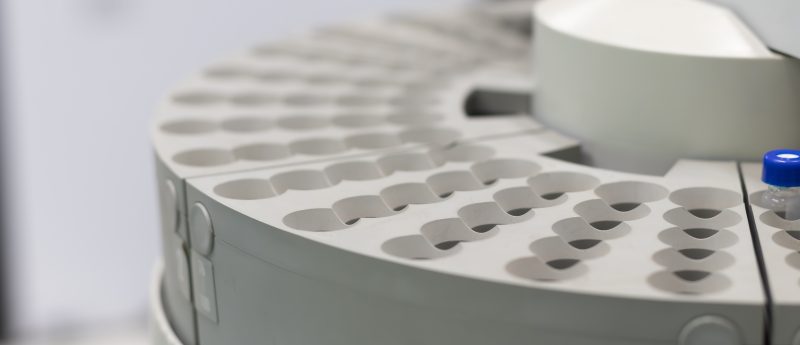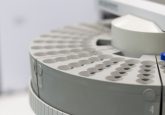Bioanalytical assay strategies for the development of antibody–drug conjugate biotherapeutics

Antibody–drug conjugates (ADCs) are monoclonal antibodies with covalently bound cytotoxic drugs. They are designed to target tumor antigens selectively and offer the hope of cancer treatment without the debilitating side-effects of conventional therapies. The concept of ADCs is not new; however, development of these therapeutics is challenging and only recently are promising clinical data emerging. These challenges include ADC bioanalysis, such as quantifying in serum/plasma for PK studies and strategies for assessing immunogenicity. ADCs have complex molecular structures incorporating large- and small-molecule characteristics and require diverse analytical methods, including ligand-binding assays and MS-based methods. ADCs are typically mixtures with a...





